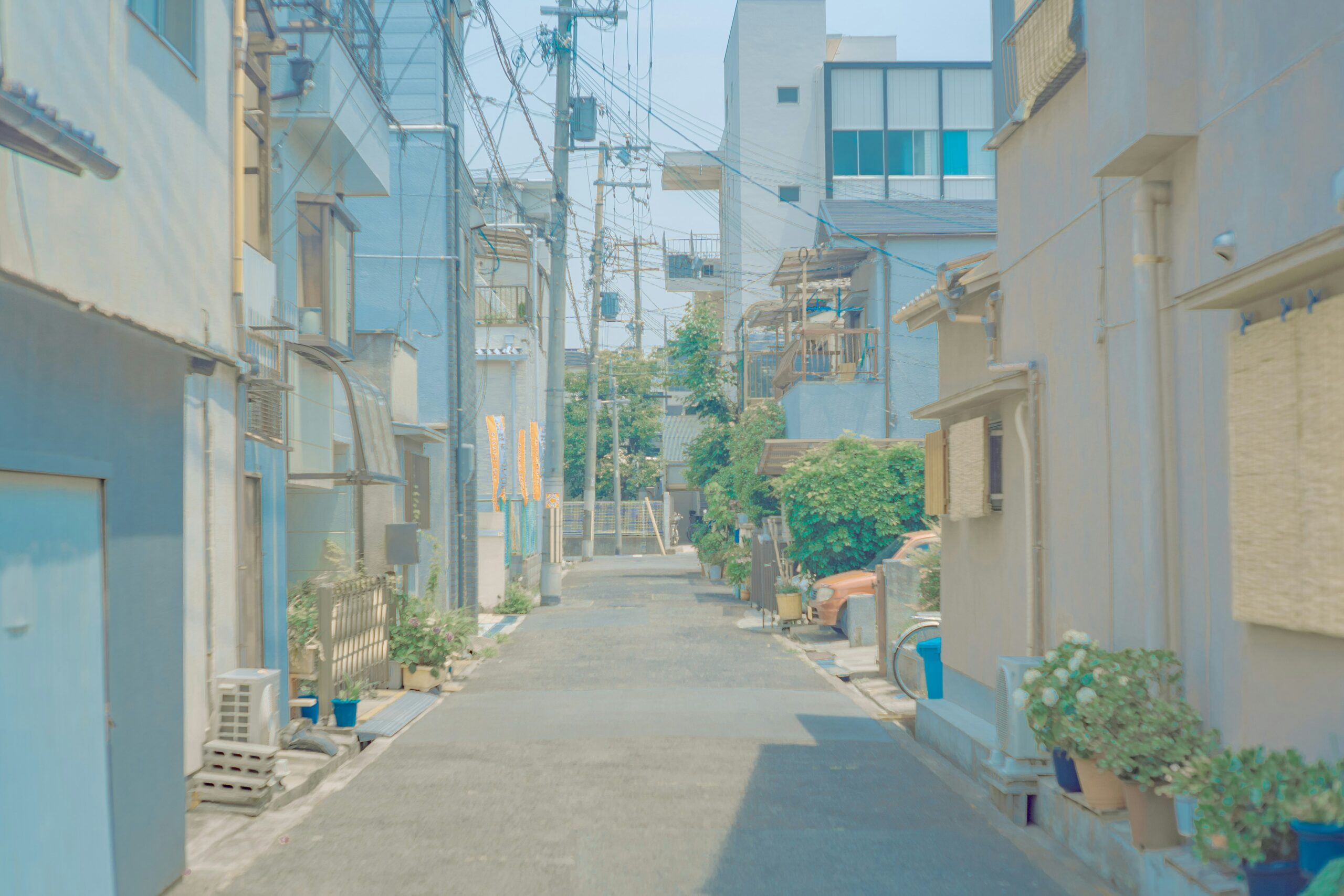In the global imagination, Japan holds a distinct position as a country where tradition meets modernity, and its cities are as renowned for their ancient temples as for their futuristic skyscrapers. Yet, one of the most universally admired aspects of Japan is something more mundane but no less remarkable: the immaculate condition of its streets. Unlike many other places around the world, litter is a rare sight, and public spaces are maintained with a level of care that goes beyond mere cleanliness. This article explores the facets of Japanese culture and systems that contribute to this phenomenon, offering insights into a society that takes pride in cleanliness as a public and personal virtue.
Japan’s Streets: The Epitome of Cleanliness
Walk through any city in Japan, and you might be struck by a peculiar sight: the lack of litter on the streets. From bustling metropolises like Tokyo and Osaka to the tranquil streets of Kyoto, cleanliness is a constant. This pristine state is no accident but the result of rigorous practices and a societal expectation of maintaining public spaces. In Japan, cleanliness is not just about aesthetics; it’s a reflection of a deeper cultural respect for the environment and each other. The absence of trash cans in many public areas might puzzle visitors, but it underscores a philosophy of personal responsibility for waste. This mindset, coupled with efficient waste management systems, ensures that the streets remain spotless.
A Cultural Commitment to Spotlessness
The Japanese commitment to cleanliness is deeply rooted in the culture and is taught from a very young age. Schools in Japan play a crucial role in instilling this value, with students participating in daily cleaning activities that cover classrooms, hallways, and sometimes, community spaces. This practice embeds a sense of responsibility and pride in maintaining a clean environment. Religious beliefs also intertwine with cultural practices, where cleanliness is associated with purity. Shintoism, in particular, emphasizes harmony with nature, fostering a respectful and mindful approach to dealing with waste and pollution.
Unraveling Japan’s Waste Management Mastery
Japan’s waste management system is a marvel of efficiency and innovation. The country has developed a sophisticated method of sorting and recycling that minimizes the impact on the environment. Households and businesses adhere to strict guidelines for separating waste, which is then collected and processed with precision. Innovative technologies are employed to reduce, reuse, and recycle materials, turning waste into resources. For items that cannot be recycled, incineration plants convert waste into energy, adding a layer of sustainability to the system. This meticulous approach reduces landfill use and ensures that waste is managed with minimal environmental impact.
The Role of Community in Keeping Japan Clean
In Japan, community involvement plays a significant role in maintaining clean streets. Local neighborhoods often organize clean-up events, where residents come together to tidy up their surroundings. These activities are not just about cleaning; they foster a sense of community and collective responsibility. Business owners take pride in keeping the sidewalks in front of their establishments clean, contributing to the overall cleanliness of the public space. This collective effort is a testament to the Japanese belief in "mottainai," a concept that emphasizes the shame of waste and the importance of resourcefulness.
Japan’s Unique Approach to Public Hygiene
Public hygiene in Japan goes beyond clean streets. Facilities such as public restrooms are maintained with exceptional care, often equipped with modern amenities that ensure comfort and cleanliness. Hygiene practices are ingrained in daily life, with hand sanitizing stations commonly found in public spaces, and masks worn to prevent the spread of illnesses. This attentiveness to hygiene extends to public transportation, restaurants, and other shared spaces, creating a clean and safe environment that enhances the quality of life for residents and visitors alike.
How Japan’s History Influences Its Clean Streets
The historical roots of Japan’s cleanliness can be traced back to ancient times, where rituals and daily practices emphasized purity and cleanliness. The Edo period (1603-1868), in particular, saw the development of sophisticated sanitation systems in cities, reflecting an early awareness of public health. Over centuries, these practices were refined and integrated into the fabric of society, surviving through eras of change and modernization. Today, the legacy of these historical practices is visible in the meticulous care taken to maintain clean and orderly public spaces, a testament to Japan’s enduring commitment to cleanliness.
Japan’s immaculate streets are more than just a testament to cleanliness; they reflect a deep-seated cultural value and a sophisticated system that manages waste with remarkable efficiency. From the role of education in instilling a sense of responsibility to the innovative technologies that process waste, Japan offers a model for how societies can maintain cleanliness and sustainability. As the world grapples with environmental challenges, there are valuable lessons to be learned from Japan’s approach to cleanliness, community involvement, and respect for the environment. The pristine condition of Japanese streets is not merely a point of national pride but a practice of environmental stewardship that has global implications for how we treat our shared spaces.








